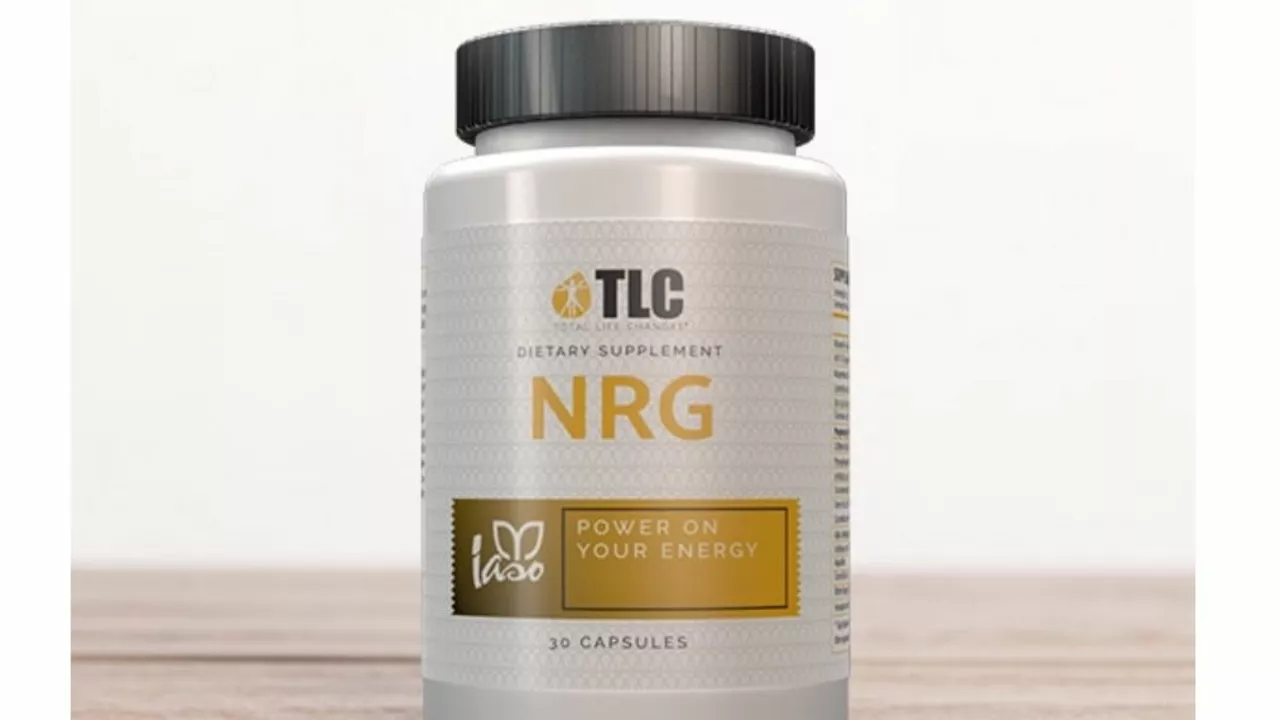All-Natural Dietary Supplement: Simple Rules to Buy and Use Them Safely
Thinking "all-natural" means safe? Not always. Many supplements are helpful, but some are low quality, mislabelled, or can clash with medicines. Here are straight-up, practical steps you can use right now to pick better supplements and avoid trouble.
What to check on the label
Start by reading the Supplement Facts panel. Look for serving size, exact amounts of active ingredients, and %DV. Skip products that hide amounts behind "proprietary blends." Those blends can hide tiny active doses. Check the ingredient list for fillers, dyes, and allergens (gluten, soy, shellfish).
Find a certification. In Canada, Natural Health Products should have an NPN or DIN-HM—use that number to confirm the product with Health Canada. Third-party seals from USP, NSF, or ConsumerLab tell you the product was tested for purity and potency. Those marks matter more than fancy marketing words like "clinically proven".
How to shop and use supplements safely
Buy from reputable places: licensed pharmacies, well-known retailers, or brands with transparent batch testing. Avoid sellers that pressure you with big claims ("cures everything") or one-time offers. Check customer reviews but weigh them—look for verified purchases and consistent feedback about effects and side effects.
Start with a low dose. Try one product at a time so you can spot side effects. Keep a short symptom diary for a week or two: note sleep, digestion, mood, and skin changes. If you take prescription drugs, ask your pharmacist or doctor before starting anything new. Some natural products interact with meds—St. John's wort can make birth control and certain antidepressants less effective; vitamin K affects blood thinners; high-dose vitamin A can be toxic over time.
Watch for contaminants. Choose brands that test for heavy metals and microbes. If a supplement smells off, looks discolored, or causes sudden stomach upset, stop it and report the problem to your healthcare provider or local regulator.
Practical storage and timing tips: follow the label—some vitamins are best taken with food (fat-soluble ones like A, D, E, K), while others do better on an empty stomach. Store in a cool, dry place and respect the expiry date. Don’t mix multiple products that contain the same active ingredient; you can accidentally double-dose.
Want deeper reading? Our site contains focused pieces like a review of aspartates for recovery and a look at essential oils for allergy relief—both under the "all-natural dietary supplement" tag. Use them to compare options and find real-world dosing tips.
Bottom line: "Natural" doesn’t mean "risk-free." Read labels, check for third-party testing or NPN numbers, start low, and talk to a healthcare pro when in doubt. That simple routine keeps supplements useful and safe.
